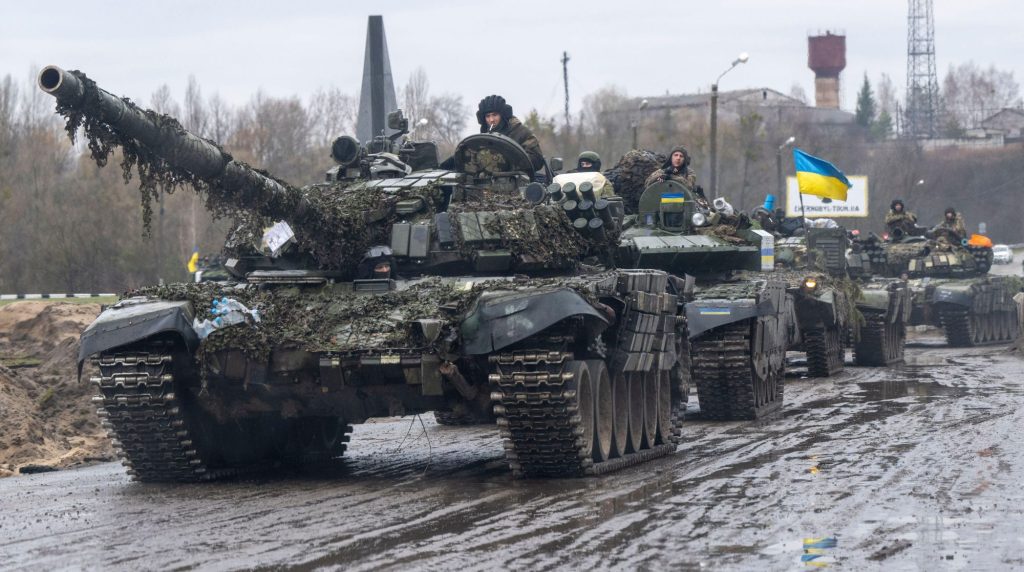The ongoing conflict in Ukraine has underscored the global importance of defense capabilities and logistical support. In a notable move, British defense firms are taking on a pivotal role in leading the international efforts to repair and restore armoured vehicles and other critical equipment for Ukrainian forces. This initiative aims to significantly enhance the operational readiness of Ukrainian military assets on the battlefield.
UK’s Leadership in Defense Support
The UK’s defense sector, renowned for its innovation and expertise, is spearheading this critical operation. John Healey, the UK Defence Secretary, articulated the initiative’s strategic goals, stating, « With the support of international partners, we believe we can get half of all out-of-action Ukrainian vehicles – approximately 1,500 vehicles – back onto the frontline. » This ambitious project is part of the UK government’s comprehensive £450 million support package announced to aid Ukrainian troops.
This initiative not only seeks to bolster Ukraine’s defense capabilities but also highlights the UK’s commitment to international security. The program is designed to restore a broad range of vehicles crucial for defensive operations, reflecting a collaborative effort between British firms and international partners.
Challenges and Solutions in Skilled Labor
While this project signifies a proactive stance by the UK, it also brings to light some pressing industry challenges. A shortage of skilled workers, particularly welders, has been identified as a significant obstacle. The sector is reportedly grappling with a talent vacuum as companies struggle to hire adequately trained personnel. This shortage has prompted defense manufacturers to adopt innovative training solutions to meet demand.
Many firms have resorted to sending their employees abroad for specialized welding training. For instance, the manufacturing of Boxer armored vehicles, an ongoing project in the UK, requires welding standards that are more aligned with German specifications. As such, companies like Rheinmetall BAE Systems Land have organized training sessions in Germany to ensure that British employees gain the necessary skills for these tasks.
This « train the trainer » approach has allowed employees trained overseas to return and further educate their colleagues in the UK, thereby scaling up the domestic skill set. However, the need for reaccreditation places an additional burden on companies in terms of time and resources.
Impact and Future Prospects
Despite these challenges, the UK defense sector is pressing forward with its support for Ukraine. The effort to mobilize armored vehicles aligns with the broader geopolitical strategy to counterbalance regional threats and support allied nations. Sean Murphy from the National Skills Academy Nuclear noted, « If the UK lacks good welders generally, removing a percentage to do additional training or reaccreditation places more pressure on the remaining pool. »
The impact of this initiative extends beyond immediate military needs. It presents an opportunity for the UK to reinforce its role as a leader in defense logistics and support. The program could also spur long-term investments in skill development within the defense sector, fostering a resilient workforce equipped to meet evolving challenges.
As the UK continues to navigate its role on the global stage, the focus remains on leveraging partnerships and enhancing military efficacy. This initiative not only aids Ukraine in its current struggle but also paves the way for strengthened defense collaborations worldwide. A spokesperson from Babcock, a major player in defense manufacturing, emphasized the ongoing challenge of skill shortages across the country but affirmed commitment to finding sustainable solutions that benefit both the industry and national security interests.
